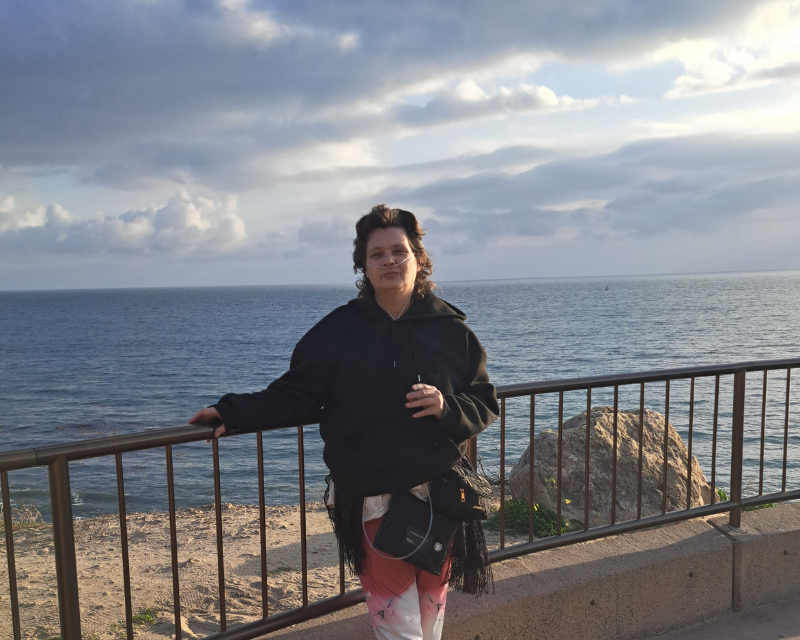
If you can’t get a decent job because of who you are or how you look, you are vulnerable to human trafficking. If your application for an apartment you can afford gets turned down every time you try to rent one, you are vulnerable to human trafficking. If your dreams of opportunity for advancement are constantly shattered because of thinly disguised discrimination, you are vulnerable to human trafficking.
So it will come as no surprise that people who identify as LGBTQ+ are particularly vulnerable to human trafficking. For these are, unfortunately, the realities facing this community – just as they have long been for people facing discrimination on the basis of race, color, religion, sex or national origin. And we know that traffickers operate by preying on vulnerable people – stepping in to fill a need they can’t get elsewhere then tricking or coercing their victims into labor or commercial sex.
Strong legal protections – such as the Civil Rights Act of 1964 – can help by holding people accountable for the very tangible outcomes of discrimination. But that law does not cover discrimination on the basis of sexual orientation or gender identity. Indeed, while some progress has been made through the courts, there is no federal law that explicitly provides nondiscrimination protections for people on the basis of their sexual orientation and gender identity. This is a problem with real consequences – including for our work to prevent and combat human trafficking.
Legislation before the U.S. Senate right now would revamp our nation’s threadbare system of protections for LGBTQ+ Americans. The Equality Act (H.R.5/S.393) would add explicit protections in federal law preventing discrimination on the basis of sexual orientation and gender identity for:
- Employment
- Housing
- Credit
- Education
- Public spaces and services like retail stores and banks
- Federally funded programs like shelters and community health centers
- Jury service
Expanding legal protections like these to LGBTQ+ people can help break down barriers to opportunity – ending unfair systems that put people in the sights of traffickers.
The House of Representatives passed the Equality Act in March 2021 with a bipartisan vote. Now, it’s up to the Senate to make it law – contact your U.S. Senators today.


